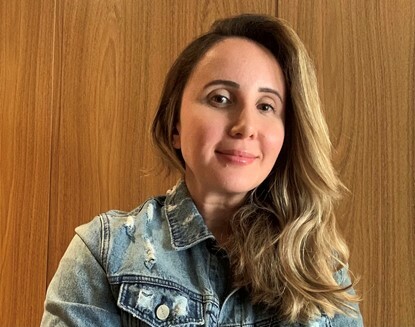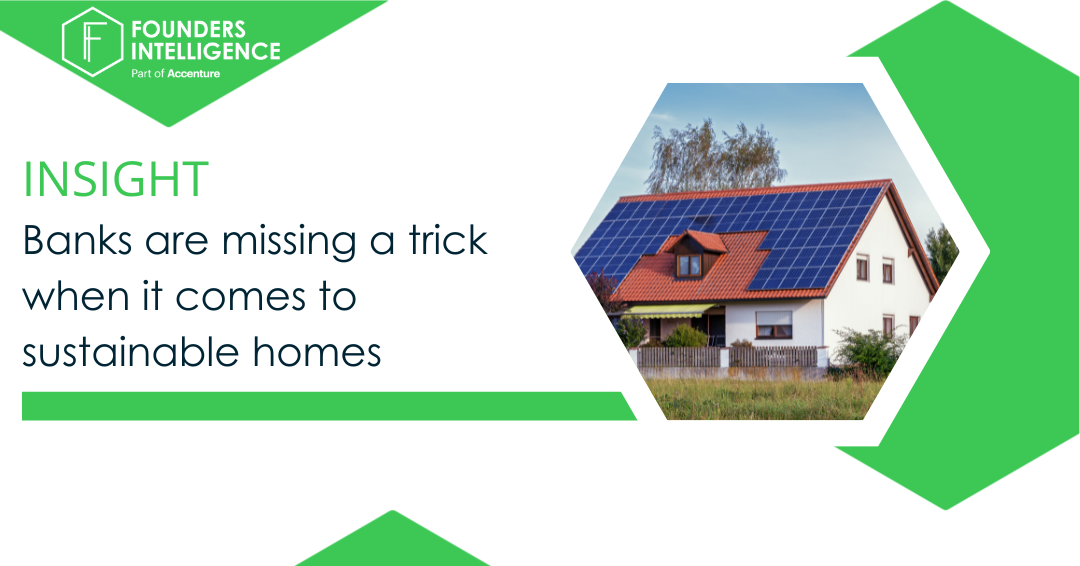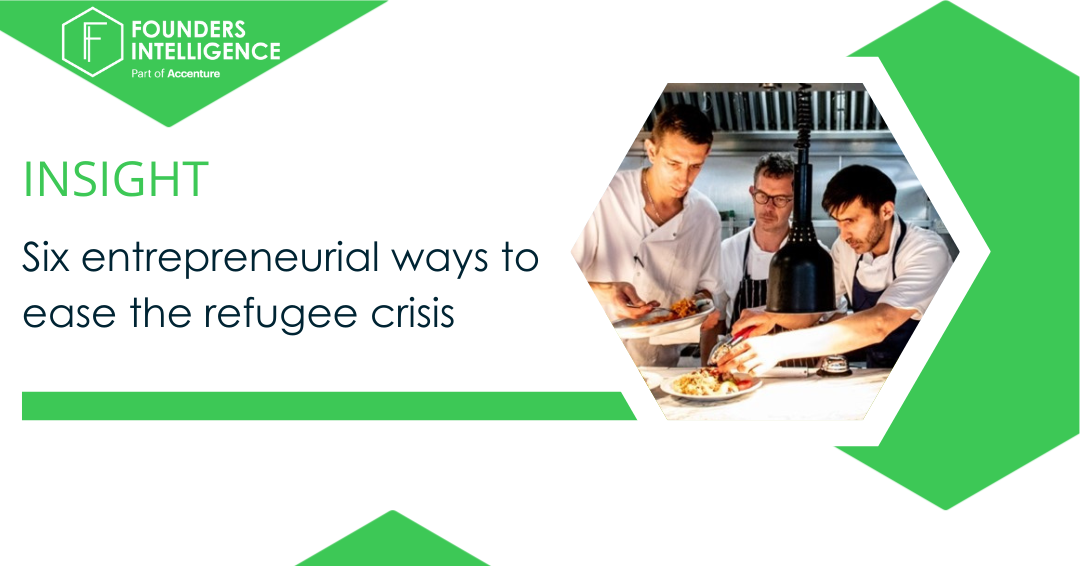Meet the innovator breaking new ground at a Brazilian steelmaker
Latin America’s foremost steelmaker, Gerdau, recently launched Gerdau Next, a new division focusing on new products, innovation and disruption. Its goal is to generate 20% of Gerdau’s revenues from new business related to the steel chain and adjacent areas by 2030. We talked to Bianca Neves, Director of Venture Factory at Gerdau Next, about her part in the company’s big plans.

Originally from Rio de Janeiro, Bianca studied business administration at leading institutions, including the University of California, and is an expert in new business development. Innovation has always been at the heart of her career which has seen her hold senior positions at a number of companies including Citibank, Itaú, Amazon and Raizen.
Tell us more about your role and the journey that got you here.
My role at Next is to generate viable new businesses that are scalable, sizable and synergic. We are committed to open innovation and making connections with startups and entrepreneurs.
My goal is to develop new companies and accelerate them to become viable businesses. That includes working through the famous Death Valley curve that all startups experience, and deciding when to exit.
My first job was as a trainee at Citibank. I worked in consumer banking on the development of new products and strategic partnerships. At 32, I was leading a team of 50 people in one of the largest banks in Brazil, Itaú. I’ve also been a director at Amazon, supporting the company’s growth in the country.
It’s an unconventional track record – ten years in banking, plus ten years in retail and industry – that attracted the attention of the President of Raizen, a joint venture between Shell and Cosan, in Brazil.
He invited me to lead the creation of a payment and financial services structure aimed at the twenty million consumers that were passing through Shell service stations every month without connecting to the brand through a digital channel. They didn’t know who these customers were or what they were buying.
Previously, the business model had been focused on the B2B side, the relationship between the owner of the station and the company. I saw an opportunity to develop our own digital platform with our own payment method. It was a long way from the core business model but the company embraced the idea.
We then developed the Shell Box application from scratch. It has become a strategic platform for marketing and sales, and is now available in more than 4,000 service stations in Brazil.
What are you passionate about?
I think big, seek the new and love disruption. What moves me is being a strategic link in organisations that engage with and promote transformation.
Today I am in the steel industry and challenged to think big across a broad ecosystem of opportunities. Sustainability is a driver in all our strategic verticals and we are innovating in construction, the circular economy, logistics, renewable energy, new materials and industry 4.0.
I’m asking, how can we transform large companies into innovation protagonists? Being part of an ecosystem that wants to evolve is the perfect match for my passion. It brings out the best in me.
What does creativity mean for you?
Creativity for me is like a small pot plant that needs to be watered constantly. Your daily life needs to be stimulating for creativity to happen. It can’t be robotic and full of meetings in which everything is discussed but nothing resolved. There are times when I block my schedule, pick up a blank piece of paper and think: what problem do I want to solve today?
I really believe that a team is at its most creative when it has a collection of diverse talents, like a puzzle that is put together with multiple visions and connected ideas. Our team at Gerdau Next has just approved two new ventures, which were born out of cross-functional brainstorming processes looking at trends and frictions in our ecosystem.
How do you stay focused on your objectives and value-proposition?
Stick to the purpose – I repeat this over and over to myself and the entire project team.
We are developing new businesses that go beyond financial results. We want to create a positive impact on people’s lives, the environment and society. Our business is shaped by sustainability with the customer as the priority, whether they’re our core, B2B or B2C clients. Our purpose is to resolve their pain points, create new solutions, and stimulate development by democratising, specialising and transforming our service.
I make all my decisions with these values in mind, rather than the potential impact on the bottom line. Each new business needs to know well why it exists and what its purpose is.
Are there any role models that inspired you?
The biggest inspiration in my life was a great woman called Donna Simons.
She founded a non-profit incubator based in Santa Barbara, Incubators 2000, to explore opportunities for innovation in California. At the time I was 20 years old, she was almost 80 but still had the energy to create transformation and leave a legacy!
I did an internship with her while studying at the University of California in Santa Barbara. We put up posters saying things like: Have an idea? Come talk to us!, We’ll help you raise funds! and Good ideas should be implemented!
Donna believed your age doesn’t matter, if you have an innovative mindset you’re old enough. I’ve carried that belief in innovation with me ever since.
What would be your advice to entrepreneurs today?
The mindset is simple: fall in love with the problem!
Observe your customers’ experiences and goals, pinpoint where there is friction and identify the gaps in your service. Understand where the problem came from, why it is a problem and if it is a problem for most people. This will give you the certainty you are solving an actual problem and not an assumed problem.
Having a passion for, rather than fear of, problems and the constant search for improvement, is fundamental to the innovation process. The mindset of an innovative company begins with wanting to do more better. When a company is humble and willing to change, it actively listens, recognises its gaps and genuinely reflects on who its customer is.
When a company seeks to become better each day, new ideas emerge. But it goes beyond ideas. The key to innovation is in the implementation of an idea into something that adds value.
What do you think is the secret to success?
There are three ingredients:
1. Culture – one that supports and sustains innovation, in which the whole company shares the risks, mistakes and lessons learned.
2. Talent – you can only do this with talented people in a collaborative team. I’m talking about external as well as internal talent. We want to partner with companies, entrepreneurs and consultancies that add value and differentiate themselves.
3. Methodology – innovation is sexy which means focus can easily be lost. Companies need a toolkit that defines how it innovates with a clear operating strategy, using agile tools and dynamic processes. If you are able to catch mistakes quickly and correct them as you go with an iterative methodology, the risks of your innovation going in the wrong direction are greatly reduced.


